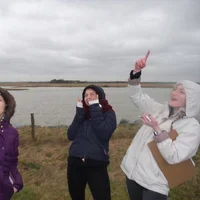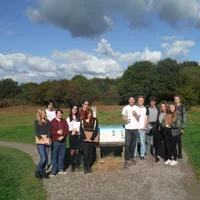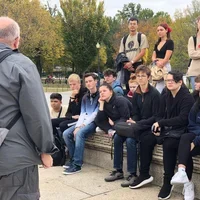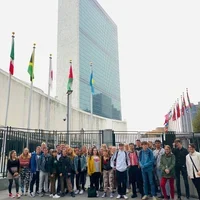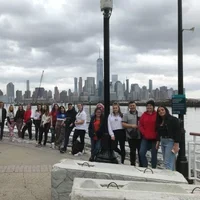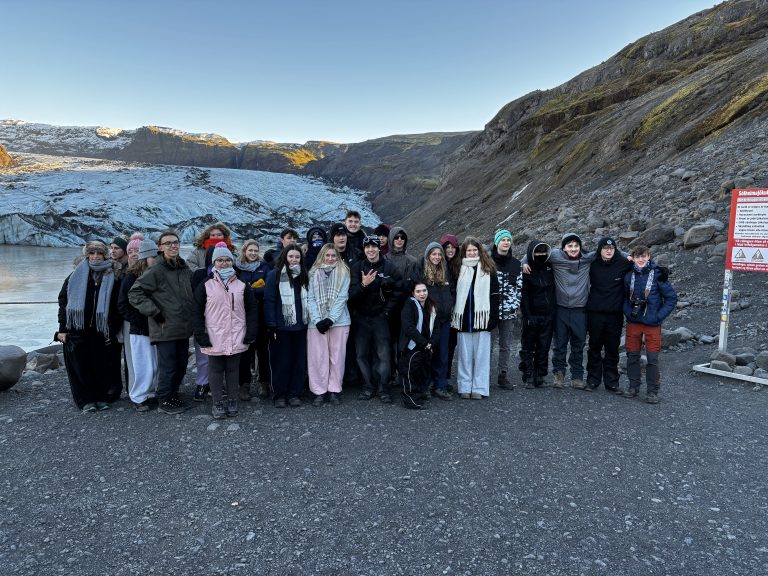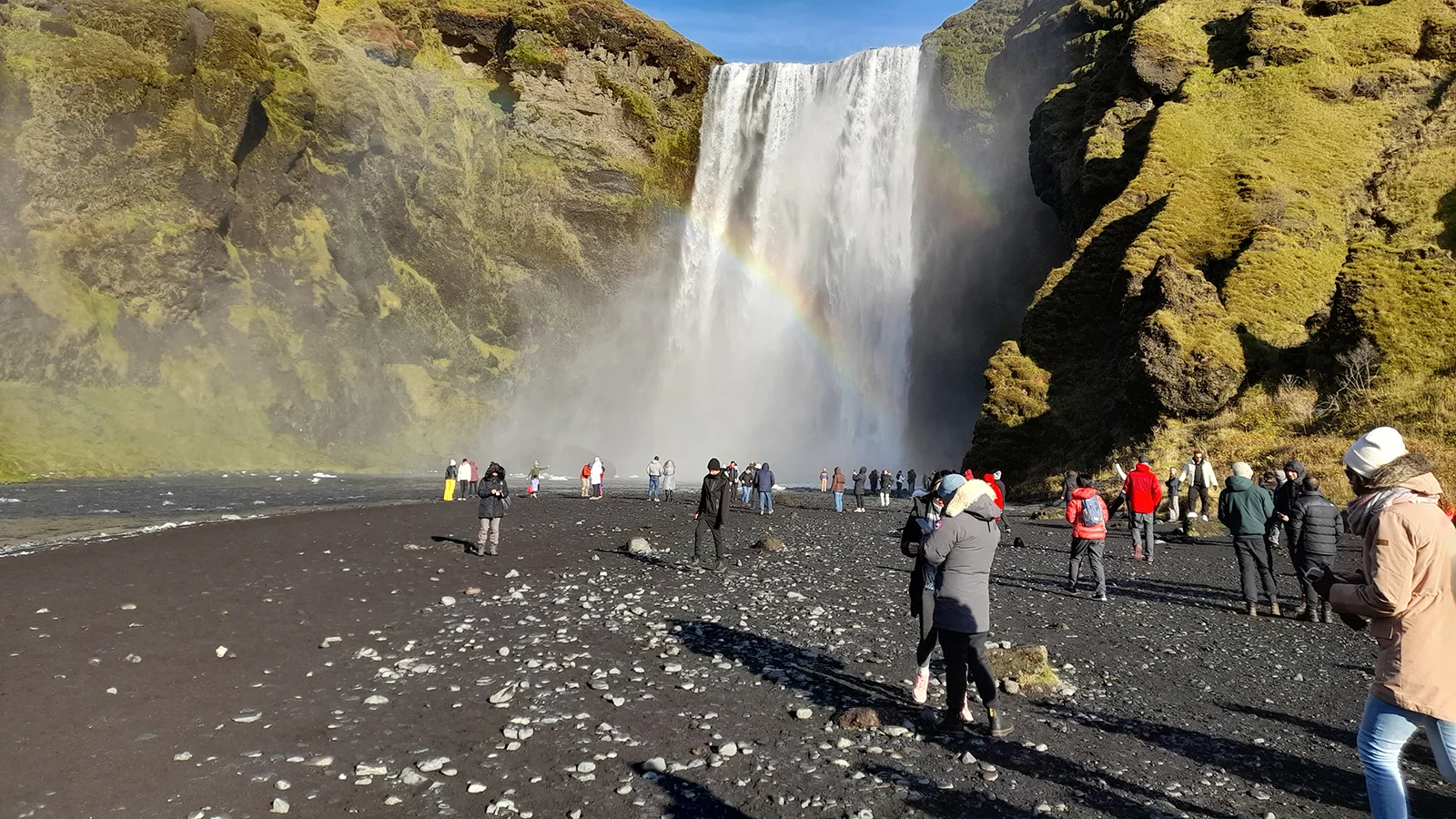
Geography
Geography is a broad-based academic subject which will open up options for you in your future. Employers and universities see geography as a robust academic subject rich in skills, knowledge and understanding. As a subject linking the arts and the sciences it is highly flexible in terms of what you can combine it with. If you choose to take geography on to university there are literally hundreds of courses to choose from and the range of career areas accessed by geographers will probably surprise you! (Royal Geographical Society)
A brief look at the topics listed below will show you that as a Geography student you will study some of the most important and challenging issues facing the world, whilst developing skills that will be valued by a range of employers.
Year 1
• The Water Cycle and Water Insecurity
• Globalisation
• Regenerating Places
• Coastal Landscapes
• Coursework – which must involve fieldwork
Year 2
• The Carbon Cycle and Energy Security
• Tectonics Processes and Hazards
• Migration, identity and sovereignty
• Superpowers
• Synoptic study of human and physical geography in places
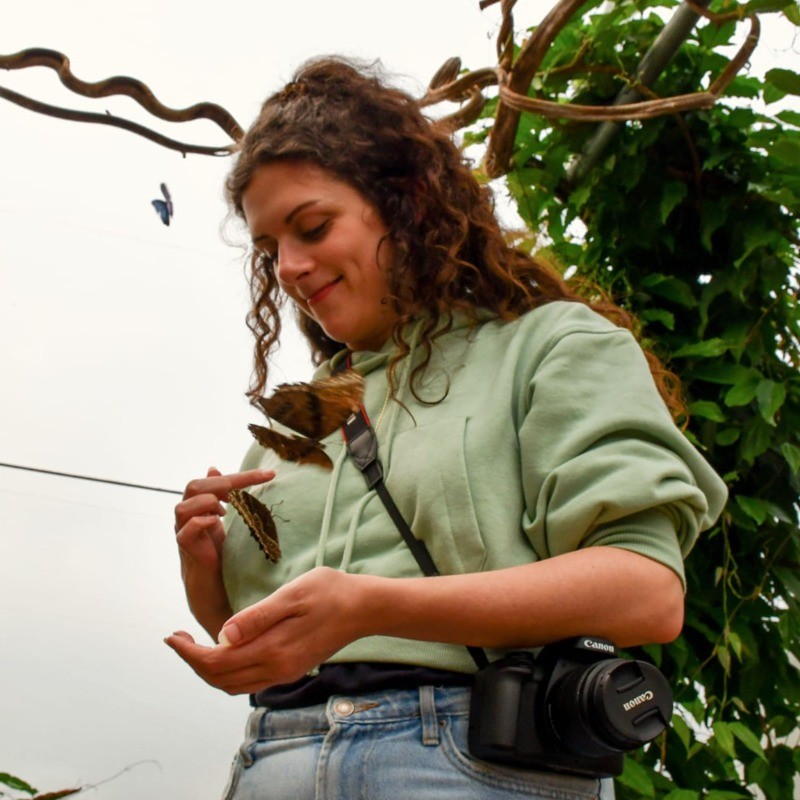
Becky Bloomfield
Studied: Biology, Geography, Media Studies, Graphic Design
Progression: BSc Wildlife Conservation, University of Kent. MSc Science Communication, Imperial College London
I can relate the topics to what we did at GCSE and enjoy that it’s in more depth than before. I also enjoy that we have two teachers, one for human geography and the other for physical.
Elise Coughlin, ex Oathall Community College
Course Essentials
Courses Available
A Level
PLUS
AND
How The Course is Assessed
80% exam and 20% coursework
Career Pathways
Students go on to degrees in related subjects such as Earth or Environmental Sciences, International Tourism, Development Studies or Geography itself. The subject leads to careers in public services, environmental research and conservation, eco-tourism, working for voluntary organisations, development work and a wide range of business environments.
Transferable Skills
Fieldwork and research; problem-solving; quantitative and qualitative analysis skills; subject knowledge; data presentation; team work; critical thinking; evaluative essay writing; Geographical Information Systems.
Other Information
You can turn your learning into action by joining the college Climate and Environment Action Group, and broaden your learning by attending regular additional talks and lectures. There are four days fieldwork for which there will be costs of around £70 plus opportunities for optional overseas trips. Previous destinations have included North America and Iceland.
Enquiries To
Noami Lask: nbl@varndean.ac.uk
News
Iceland Trip 2025
In November, Geography A Level students returned from an exciting four-day trip to Iceland! With a packed itinerary, they were able to visit waterfalls, volcanoes, rift valleys, a glacier, a geothermal power station, as well as iconic locations such as the Black Sand beach and the erupting Geysir.
The trip was full of opportunities to learn about the unique landscapes of southwest Iceland that have been shaped by ice and fire, and how these have shaped the area’s culture and economy. It was a really memorable trip, with unforgettable highlights, including a glimpse of the Northern Lights, as well as an outdoor swim in a geothermally heated pool. The students showed real enthusiasm, curiosity and a sense of adventure, with many daring to try the local speciality of fermented shark!

